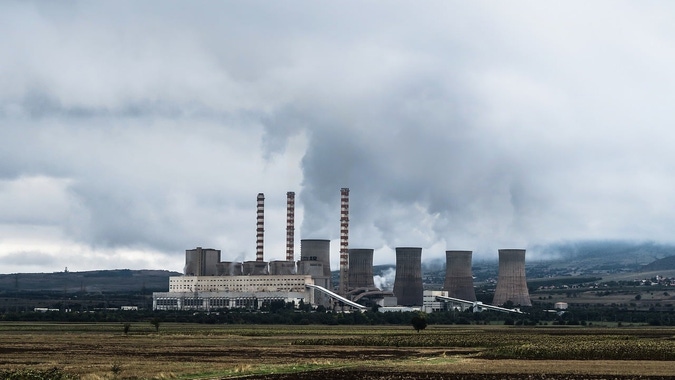The European Union will let the year go by without agreeing on a clear and coordinated response to the rise in energy prices, which in recent months have reached historic levels mainly due to the skyrocketing gas prices.
 Pexels / Pixabay – Valuewalk
Pexels / Pixabay – Valuewalk
Q3 2021 hedge fund letters, conferences and more
Soaring Energy Prices
As reported by the Financial Times, the profound discrepancies between the 27 members have meant that the meetings at leader and minister levels that have taken place since the beginning of autumn —promoted in part by Spain as one of the most affected countries— have not resulted in a common position of the block.
The last chapter was the summit on Thursday, from which the EU heads of state and government left without any conclusions after a “passionate” debate, according to community sources.
The block is divided. Some countries conceive the crisis as a temporary phenomenon —such as Germany and the Netherlands— and others —like Spain or France— which call for a thorough review of the system and propose the promotion of joint gas purchases and strengthen the strategic reserves.
The complexity of the has revealed different interests, causing some delegations to agree in some aspects and confronting in others.
At Loggerheads
Faced with soaring energy prices, Spain has found its main ally in France when criticizing the pricing system in the electricity market. However, both countries disagree on another controversial point during the talks: the future classification that the EU will give to nuclear energy.
French President Emmanuel Macron recently renewed his country’s commitment to this technology, but the Spanish government believes that nuclear power cannot be considered when the European Commission makes a decision before the end of the year.
Germany maintains the same position as Spain on this point but is pushing for gas to benefit from the so-called “taxonomy,” something that the Spanish authorities do not favor.
“We have different models of electricity production and that these years have continued to differ, it is normal that we do not follow the same objectives,” justified Macron in an appearance after the summit accompanied by his German counterpart, Olaf Scholz.
These countries —which have long blocked the EU commitment to achieving climate neutrality by 2050— focus their criticism on the emissions trading system (ETS) in which the price of CO2 has doubled since January of 2021 to recently exceed 80 euros per ton.

:max_bytes(150000):strip_icc()/Health-GettyImages-1343543856-dad2fa95e1984076a943d1623fd5a860.jpg)



